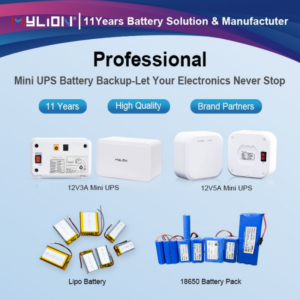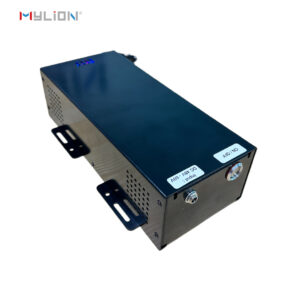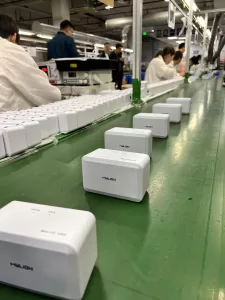Solar panels may be the muscle of your solar energy system. The inverter is your system’s brain, and both works to ensure you receive the most power. Most people are aware of solar panels as they’re the visible component of a solar power system. However, the solar inverter is equally vital since it allows energy from the sun’s radiation to be converted into sound energy for your home.
In this article, we’ll discuss the functions of a solar inverter and how they work, why you should have solar inverters and the price of an inverter for solar.
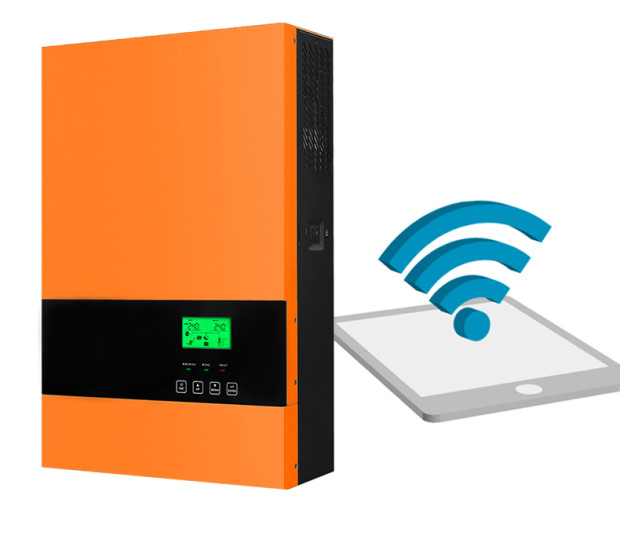
How a Solar Inverter Functions?
Solar panels produce Direct Current (DC) electricity however, your home is powered using Alternating Current (AC) electricity, and you’re facing a dilemma: Your family needs assistance to use solar energy. This is where an inverter for solar comes in.
What do you mean by an inverter? The primary function is to convert the DC energy generated by the solar panel into AC power for the home. This way, it is possible to consider this solar device as a sun-powered converter.
Since most appliances utilize AC power, Your solar power system must transform this DC energy into sound energy before it can power the machines. The central brain that does the conversion process is the inverter that lets the system that is powered by solar deliver electricity to electronic devices.
To thoroughly describe the procedure, read What Does Solar Energy Work?
Additionally, if a solar-powered house connects to grid power, an inverter used for home energy functions as a middleman between your house and the electricity grid; this is referred to as a grid tie inverter. Grid-tie inverters allow your home to be powered by continuous power, regardless of how much power the solar panels generate.
If the solar panels produce greater power than the home consumes, it is possible to transfer that extra power to the grid. It could also be that your meetings are having ability but not enough to power your entire house, so the inverter blends energy from the sun with power generated by the grid.
When solar panels don’t produce electricity, your home could require 100% of its power from the grid. Alternatively, the inverter can mix grid power with energy stored by a solar battery.
It’s the responsibility of the grid-tie inverter to ensure that your home is equipped with the power it requires in each of these scenarios and that you won’t notice any changes as it shifts between them.
DC vs AC Electricity
The most effective method to answer “What does an inverter do?” is to know the distinction between DC and AC electricity.
Direct Current (DC) electricity is the movement of electric charge only in one direction. However, Alternating Current (AC) electricity happens when the flow of current changes demand (or order).
In the US, the electric grid is 60 hertz AC. The power is switched 60 times per second.
When sunlight’s rays strike the solar photovoltaic (PV), panels cause electric currents within your solar cells. The movement occurs only in one direction and results in the production of DC electricity. The circuits in the solar panels capture this current and transfer it into the inverter of solar PV, which converts the DC electrical energy into AC electricity.
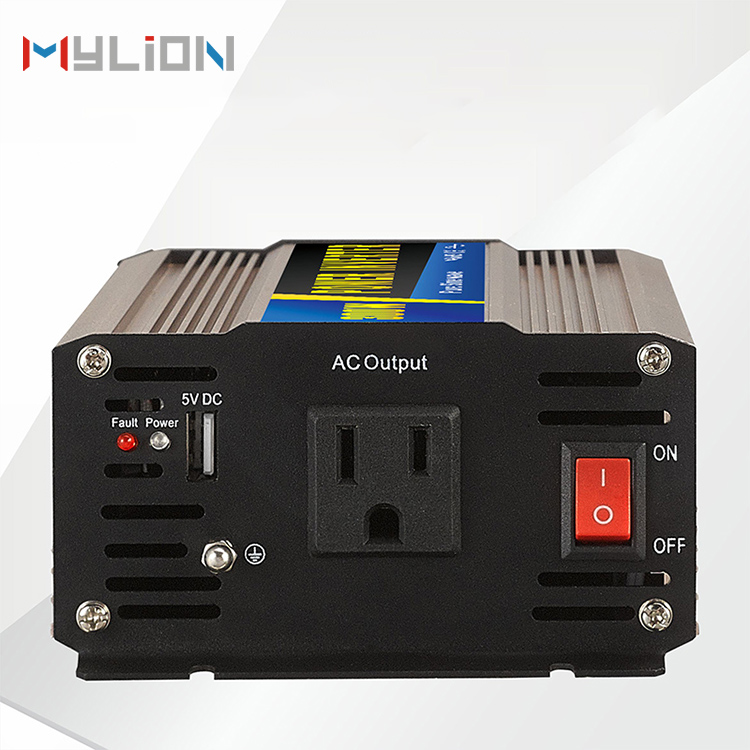
The benefits of a solar inverter:
Although your solar PV inverter permits you to draw usable current through the sun’s rays, there are other things it can do. An inverter for solar panels can assist in maximizing the energy you produce, track the system’s output, connect with the utility grid and identify faults that could harm the solar power system.
l Maximizing the production of energy
Inverters for solar track the solar array’s voltage to increase the power the solar panels can operate at, which allows you to produce the cleanest and most efficient fuel possible.
Inverters that are tied to grids generate a natural sine wave (a measurement of how quickly the direction of the current changes) as opposed to inverters with low costs that produce modified sine waves, which ensures the smooth and efficient operation of your delicate appliances.
l Monitoring System Output
Watching your solar system produce hundreds of watts on an overcast day is thrilling. Naturally, many homeowners would like to keep track of the efficiency of their solar investment.
The majority of solar panel inverters include the ability to view the amount of energy they’re currently producing. Some can even observe the performance of your solar panel by using a mobile app or website.
Suppose you notice that things aren’t functioning according to plan. In that case, home inverters can check the efficiency of your solar system and notify you if they detect any issue with a component. It is also possible to use the inverter’s performance monitoring feature to check how your system’s components are regularly operating. You can also ensure that it produces the right amount of power.
l Connecting with the Utility Grid
In the event of a short-term power interruption, solar inverters will ensure that the electricity is not transmitted through your panels to outside power lines. This way, anyone inspecting or fixing the grid will be safe from injuries.
Suppose you have a total solar battery bank, or your household doesn’t use all the solar energy generated. In that case, the inverter could also feed the excess electricity into the grid to create a credit for energy use.
l Fault Detection
Deterioration and ageing of electrical wiring and solar equipment could create dangerous electrical problems, such as ground faults or even arcs if they are not properly maintained. If this happens, your solar inverter will swiftly identify the problem and shut down, safeguarding the rest of the system and warning you about the need for service before further damage is caused.
How Long Will The Solar Inverter Last?
String inverters generally will last 10 to 15 years, but if the unit is placed in a calm and ventilated area and is maintained correctly, it could last as long as two decades.
The power optimizer and microinverters came into the market more recently, and there needs to be more information about their anticipated lifespan. However, the majority of manufacturers believe their products will last longer than the 20 to 25-year warranties included with their products.
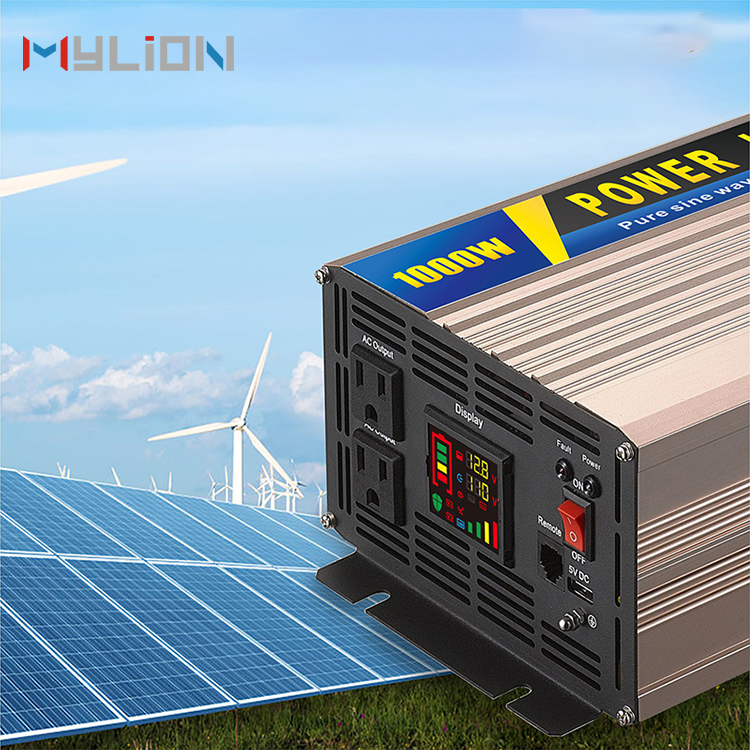
Which inverter is best For My Residence?
If you’re planning to invest in a solar energy device for your home and you’re trying to determine which option for an inverter is the best choice, a simple method to start is to use our free solar savings Estimator.
You’ll be able to estimate how much you can save by installing solar panels at your home, which is based on the typical requirements for installation in your area, such as the kind of inverter typically suggested.
You’ll also be connected with an expert in solar who will examine the various solar options for your house, such as inverter options and help to select the option that’s suitable for your family’s needs.


